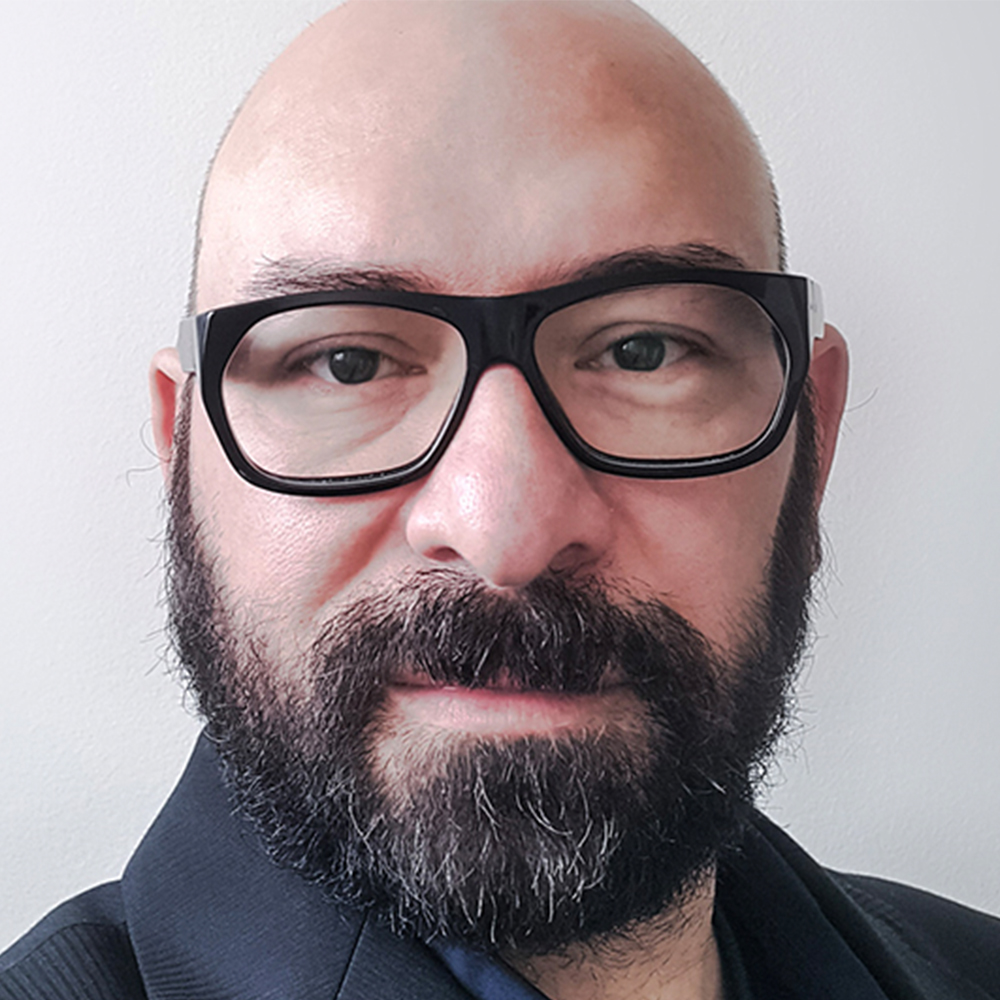Architecture and Artificial Intelligence
Matias del Campo (Taubman College of Architecture and Urban Planning)

Del Campo’s research and teaching focus on the various ways that artificial intelligence will impact the future of architectural design.
Introducing artificial intelligence into architecture pedagogy is shifting the paradigm for student learning, and Taubman College is on the cutting edge. Top-down expert systems driven by faculty are giving way to more collaborative learning systems, as cloud-computing solutions give students access to powerful graphics processing without the need for expensive hardware.
Students in del Campo’s course Architecture and Artificial Intelligence and his thesis studio, Data, Dreams, and Diffusions, explicitly address technological and ethical implications of applying AI to architecture design.
To explore what AI can do for them, del Campo’s students learn how to program neural networks and methods for training them to perform specific tasks. Graduate students from Michigan Robotics and Computer Science collaborate to resolve any coding problems, and they explain the inner workings of machine learning and neural networks in order to demystify AI.
The impact on students is not limited to immediate design applications. Students also begin to perceive the manifold ways that AI is already part of their everyday life and environment.
They see how racial and cultural biases can make their way into the datasets used to train AI, and how attending to aspects of racial diversity, equity and inclusion will be needed to build datasets for a more just architecture.
Students are thus prepared professionally “to meet a future where this technology is increasingly used” and “to think critically about AI’s future ubiquity,” wrote del Campo’s colleague McLain Clutter, associate professor of architecture, and associate professor in LSA’s Digital Studies Institute.
Above photo:
Matias del Campo, Taubman College of Architecture and Urban Planning
